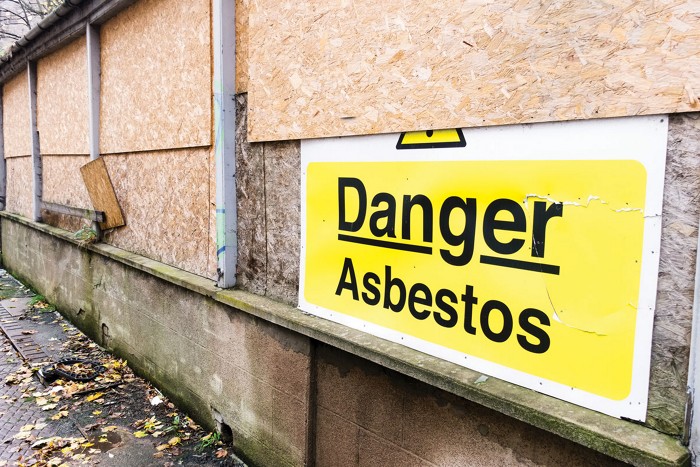Advertisement
Grab your lab coat. Let's get started
Welcome!
Welcome!
Create an account below to get 6 C&EN articles per month, receive newsletters and more - all free.
It seems this is your first time logging in online. Please enter the following information to continue.
As an ACS member you automatically get access to this site. All we need is few more details to create your reading experience.
Not you? Sign in with a different account.
Not you? Sign in with a different account.
ERROR 1
ERROR 1
ERROR 2
ERROR 2
ERROR 2
ERROR 2
ERROR 2
Password and Confirm password must match.
If you have an ACS member number, please enter it here so we can link this account to your membership. (optional)
ERROR 2
ACS values your privacy. By submitting your information, you are gaining access to C&EN and subscribing to our weekly newsletter. We use the information you provide to make your reading experience better, and we will never sell your data to third party members.
Policy
Supporting Research And Researchers
Report calls for greater focus on early-career faculty, high-risk science
by Rochelle F. H. Bohaty
June 5, 2008
Early-career faculty and high-risk, high-reward research warrant more support, according to an American Academy of Arts & Sciences report released at a press conference on June 3 in Washington, D.C. The report, "Advancing Research in Science & Engineering" (ARISE), provides specific recommendations for actions that federal agencies, universities, and private foundations can take to move in that direction.
ARISE is concerned with more than funding. It recommends, for example, more formal mentoring programs and changes in the tenure process. The report also recommends that universities develop policies that acknowledge the additional challenges confronted by early-career faculty who are also becoming parents.
In addition, the report implores federal agencies to solicit more high-risk research proposals that stand a chance of having higher payoffs than low-risk research more likely to have positive but less significant results.
Early-career faculty and risky???but potentially transforming???research projects play a critical role in the U.S.'s ability to compete globally, noted Thomas Cech, chair of the ARISE report committee and outgoing president of Howard Hughes Medical Institute, at the press conference. For that reason, he said, these areas are deserving of more federal funding. Even if the overall federal research budget does not increase, the report recommends that federal agencies review current programs and redistribute funding to programs with the largest impact on these two areas.
One potentially controversial aspect of the ARISE report is the recommendation that universities assume greater salary responsibilities for faculty instead of expecting them to rely as heavily as they do now on grants to pay for their own salaries and the salaries of those who work for them. Because this could shift salary costs dramatically toward universities, committee member Keith R. Yamamoto of the University of California, San Francisco, stressed that such a transition would have to be gradual.
Because early-career faculty often struggle to obtain grants, federal agencies should offer large multiyear awards to this group, according to the report. It says the grants should focus on merit reviews that are better tailored for specific career stages.
The ARISE report committee, which includes representatives from academe, foundations, industry, and government, has already made visits to Capitol Hill to motivate Congress to facilitate implementation of their recommendations. For the report to have a real impact, however, the committee is calling on the research community to act on and advocate for the actions cited in the report.






Join the conversation
Contact the reporter
Submit a Letter to the Editor for publication
Engage with us on Twitter